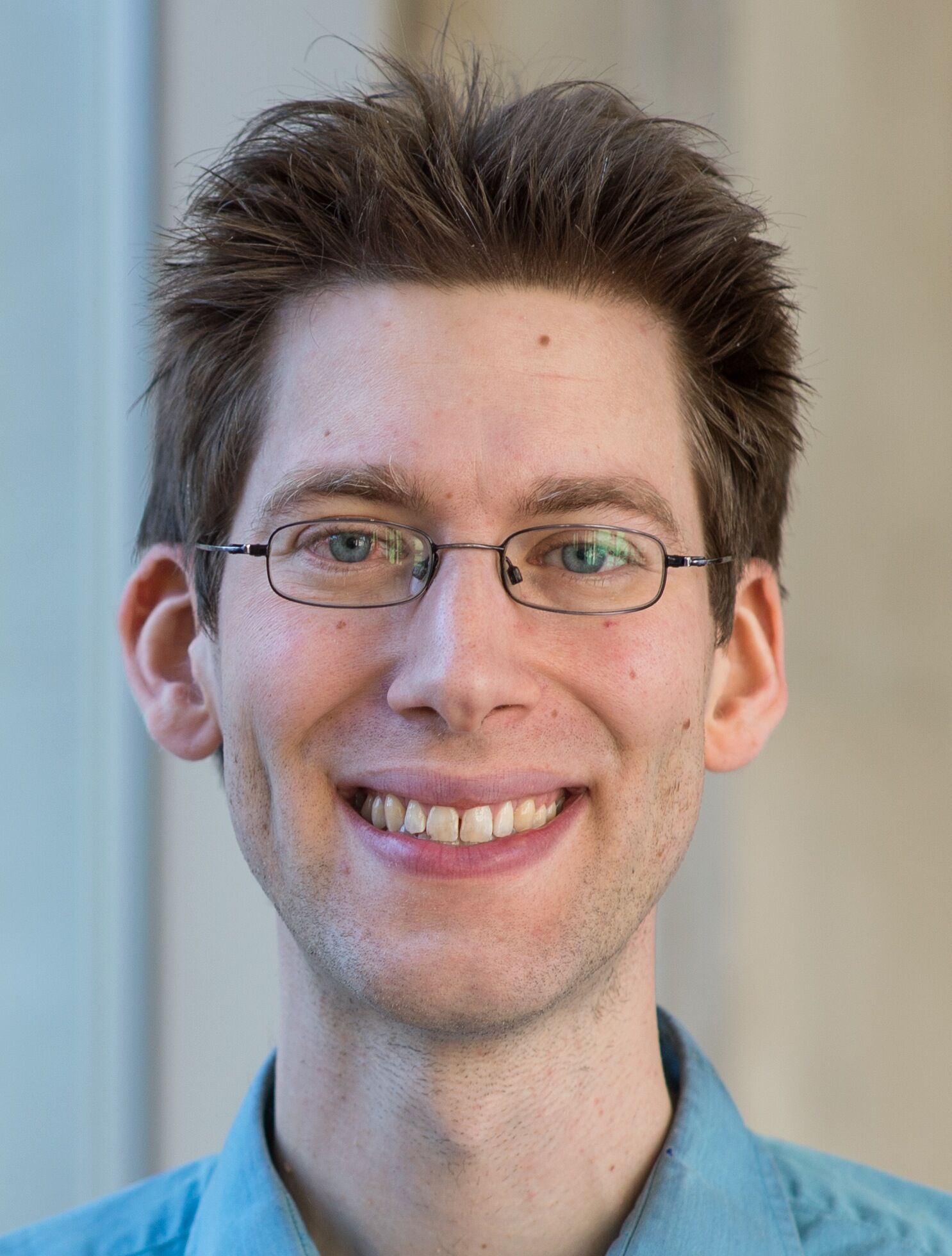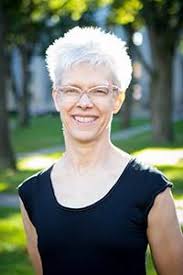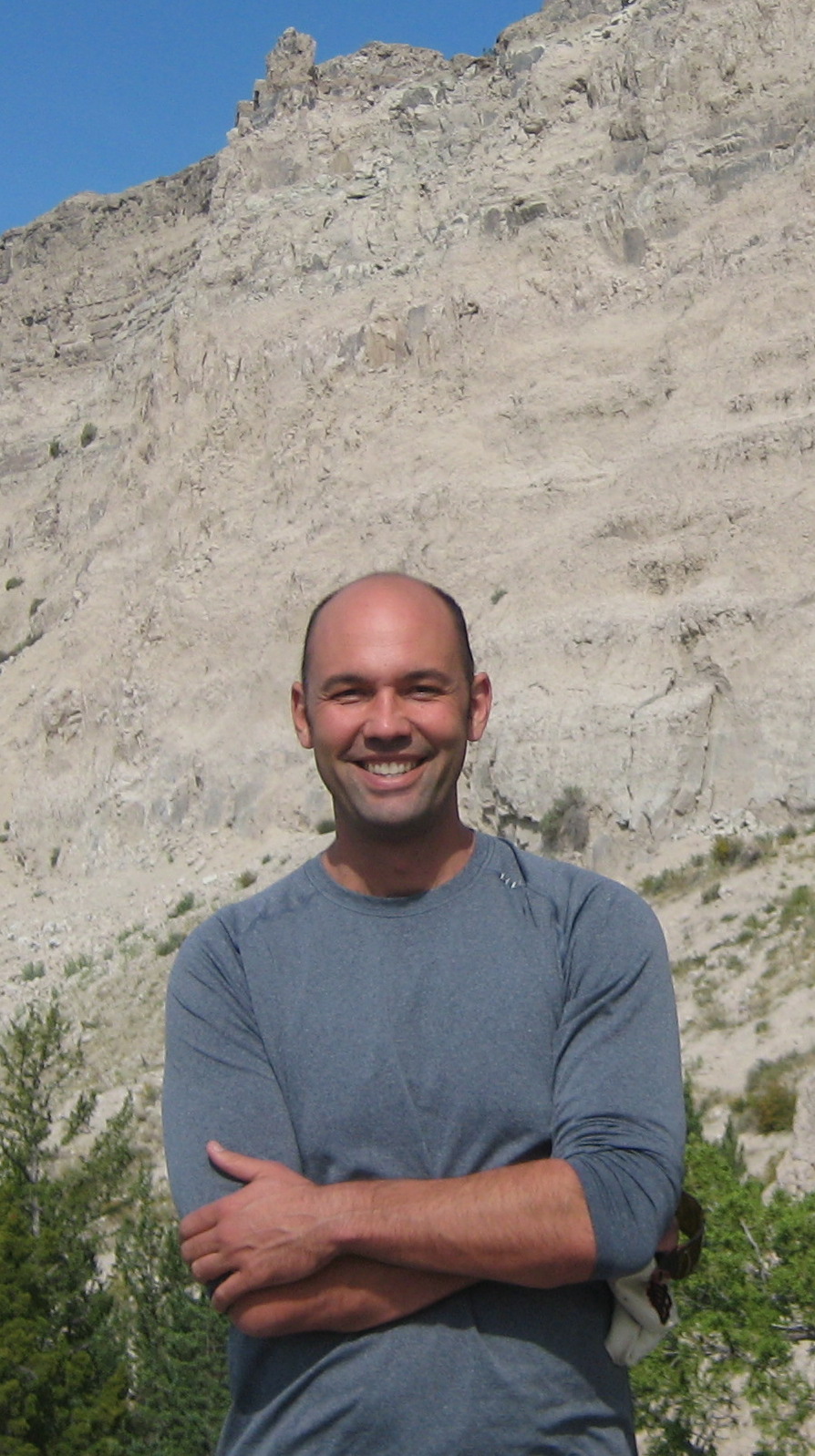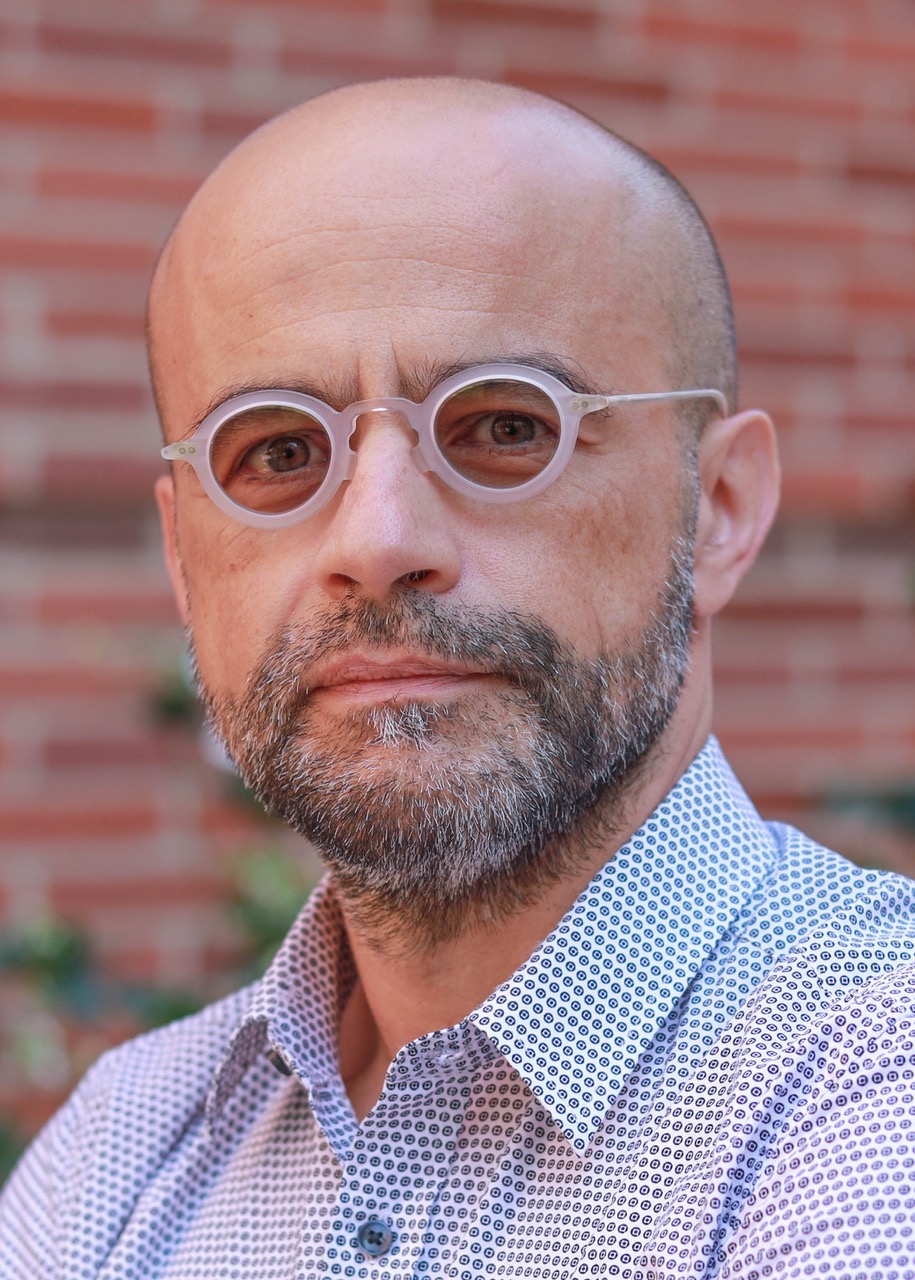We are delighted to have these distinguished plenary speakers.

Aram Harrow
Associate Professor of Physics
Massachusetts Institute of Technology
Hybrid classical-quantum algorithms for optimization and inference
AbstractQuantum computers are known to have strengths in cryptanalysis and quantum simulation, but what about machine learning? This would be a valuable application, but there are difficulties: small quantum computers must handle large data sets and the existing classical algorithms are already quite sophisticated. To address these challenges, I'll describe how hybrid classical-quantum algorithms can best exploit the strengths of both types of computers.
BiographyAram Harrow is an Associate Professor of Physics at MIT where he has worked since 2013. Previously he worked at the University of Bristol and the University of Washington. He was the recipient of a 2009 APS Outstanding Referee Award, a 2015 NSF CAREER award, a 2017 IEEE Information Theory Society Best Paper Award, and the 2018 Rolf Landauer and Charles H Bennett Award in Quantum Computing award from the APS.

Susan Murphy
Professor of Statistics
Radcliffe Alumnae Professor at the Radcliffe Institute
Professor of Computer Science at the John A. Paulson School of Engineering and Applied Sciences
Harvard University
Challenges in Developing Online Learning Algorithms to Dynamically Personalize Mobile Health Treatments
AbstractThere are a variety of formidable challenges to reinforcement learning and control for use in designing mobile health interventions for individuals with chronic disorders. Challenges include settings in which most treatments delivered by a mobile device have immediate nonnegative (hopefully positive) effects but longer term effects tend to be negative due to user burden. Furthermore the resulting data must be amenable to conducting a variety of statistical analyses, including causal inference as well as monitoring analyses. Other challenges include an immature domain science concerning the system dynamics but the need to incorporate some domain science due to low signal to noise ratio as well as non-stationary and limited data on individuals with chronic disorders. Here we describe how we confront these challenges including our use of low variance proxies for the delay effects to the reward (e.g. immediate response) in the learning algorithm.
BiographySusan Murphy's lab works on clinical trial designs and online learning algorithms for developing mobile health policies. She is a 2013 MacArthur Fellow, a member of the National Academy of Sciences and the National Academy of Medicine, both of the US National Academies. She is currently President of the Institute of Mathematical Statistics.

Tim Roughgarden
Professor of Computer Science
member of the Data Science Institute
Columbia University
Beyond Worst-Case Analysis
AbstractIn the worst-case analysis of algorithms, the overall performance of an algorithm is summarized by its worst performance on any input. This approach has countless success stories, but there are also important computational problems --- like linear programming, clustering, and online caching --- where the worst-case analysis framework does not provide any helpful advice on how to solve the problem. This talk surveys a number of modeling methods for going beyond worst-case analysis and articulating which inputs are the most relevant.
BiographyTim Roughgarden is a Professor of Computer Science at Columbia University. Prior to joining Columbia, he spent 15 years on the computer science faculty at Stanford, following a PhD at Cornell and a postdoc at UC Berkeley. His research interests include the many connections between computer science and economics, as well as the design, analysis, applications, and limitations of algorithms. For his research, he has been awarded the ACM Grace Murray Hopper Award, the Presidential Early Career Award for Scientists and Engineers (PECASE), the Kalai Prize in Computer Science and Game Theory, the Social Choice and Welfare Prize, the Mathematical Programming Society's Tucker Prize, and the EATCS-SIGACT Gödel Prize. He was an invited speaker at the 2006 International Congress of Mathematicians, the Shapley Lecturer at the 2008 World Congress of the Game Theory Society, and a Guggenheim Fellow in 2017. His books include Twenty Lectures on Algorithmic Game Theory (2016) and the Algorithms Illuminated book series (2017-2019).

Paulo Tabuada
Vijay K. Dhir Professor of Engineering
Cyber-Physical Systems Laboratory
Department of Electrical and Computer Engineering
University of California at Los Angeles
One ounce of modeling is worth a pound of training: Data-driven control for nonlinear systems
AbstractCurrent learning-based techniques for the control of physical systems, such as reinforcement learning, require the crunching of large amounts of data for extended periods of time. In this talk we show how to obviate this hunger for data by judicious modeling. In particular, we will show how to control unknown nonlinear systems without prior data or training. Key to our approach is the re-interpretation of several results in control theory, such as Fliess and co-workers intelligent-PIDs, feedback linearization, and adaptive control, as different examples of data-driven control. We illustrate the usefulness and applicability of the results via experimental results and conclude by speculating about the right mix of model-based and data-driven design in the context of autonomous cyber-physical systems.
BiographyPaulo Tabuada was born in Lisbon, Portugal, one year after the Carnation Revolution. He received his 'Licenciatura' degree in Aerospace Engineering from Instituto Superior Tecnico, Lisbon, Portugal in 1998 and his Ph.D. degree in Electrical and Computer Engineering in 2002 from the Institute for Systems and Robotics, a private research institute associated with Instituto Superior Tecnico. Between January 2002 and July 2003 he was a postdoctoral researcher at the University of Pennsylvania. After spending three years at the University of Notre Dame, as an Assistant Professor, he joined the Electrical and Computer Engineering Department at the University of California, Los Angeles, where he currently is the Vijay K. Dhir Professor of Engineering. Paulo Tabuada's contributions to cyber-physical systems have been recognized by multiple awards including the NSF CAREER award in 2005, the Donald P. Eckman award in 2009, the George S. Axelby award in 2011, the Antonio Ruberti Prize in 2015, the grade of fellow awarded by IEEE in 2017 and by IFAC in 2019. He has been program chair and general chair for several conferences in the areas of control and of cyber-physical systems such as NecSys, HSCC, and ICCPS. He currently serves as the chair of HSCC’s steering committee and served on the editorial board of the IEEE Embedded Systems Letters and the IEEE Transactions on Automatic Control.
 Massachusetts Institute of Technology
Massachusetts Institute of Technology